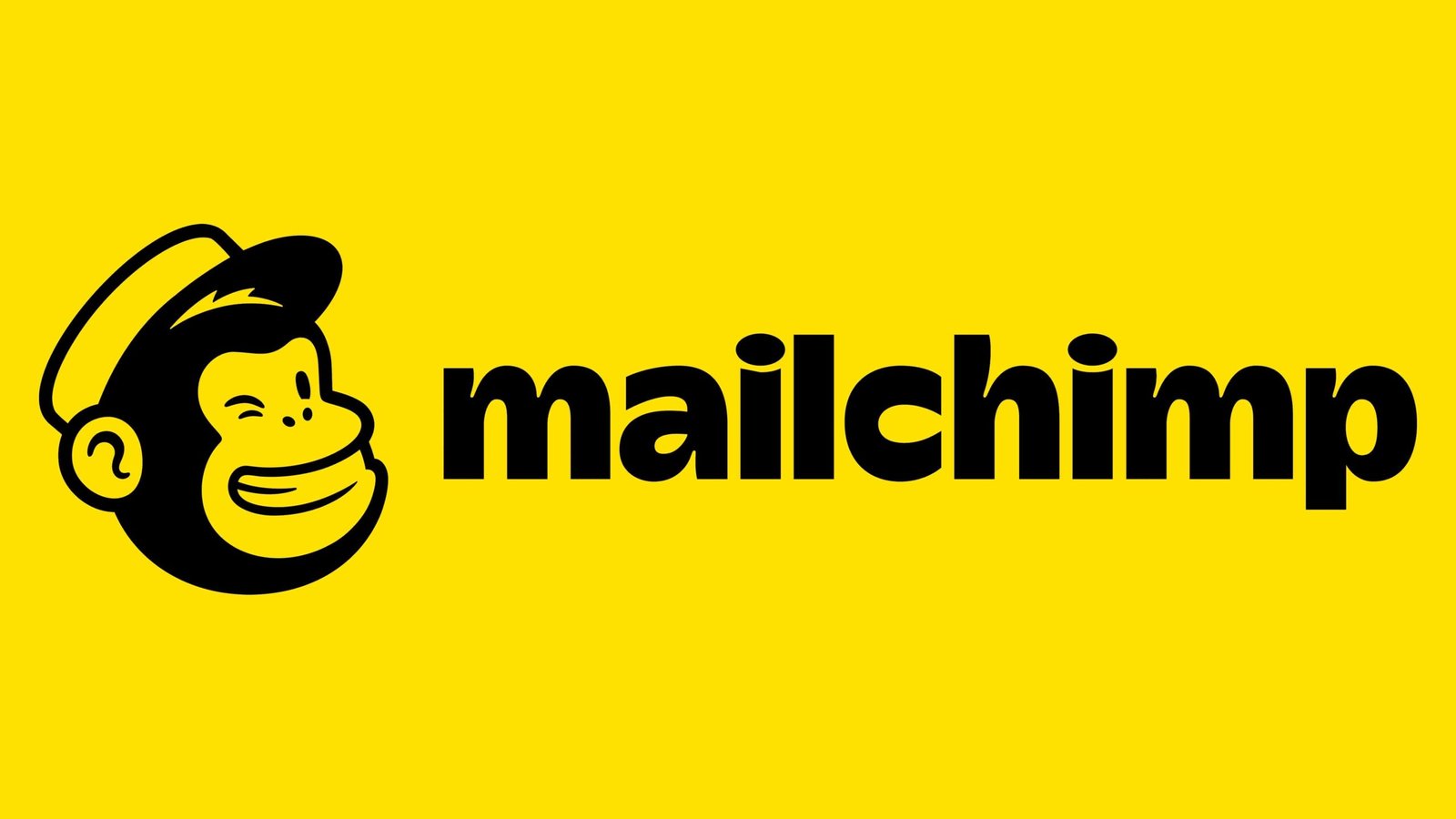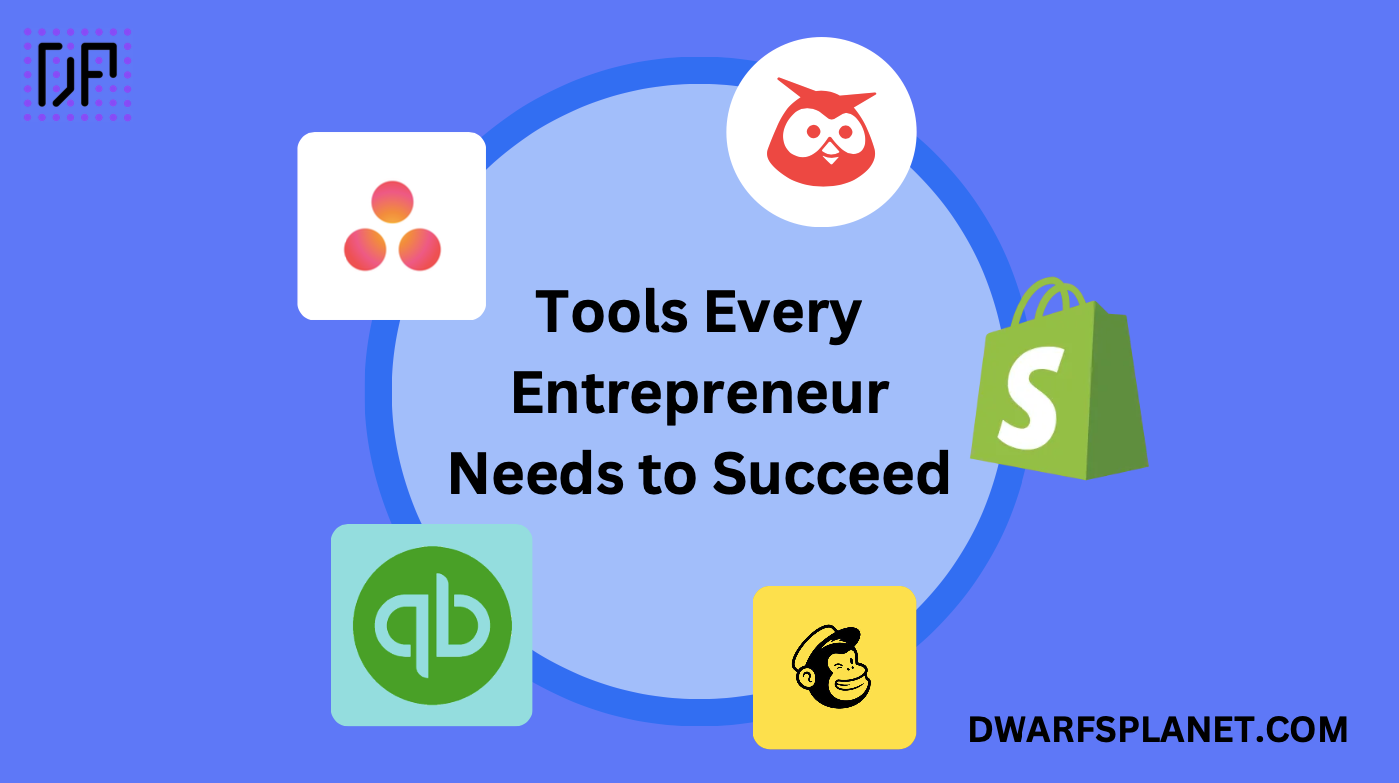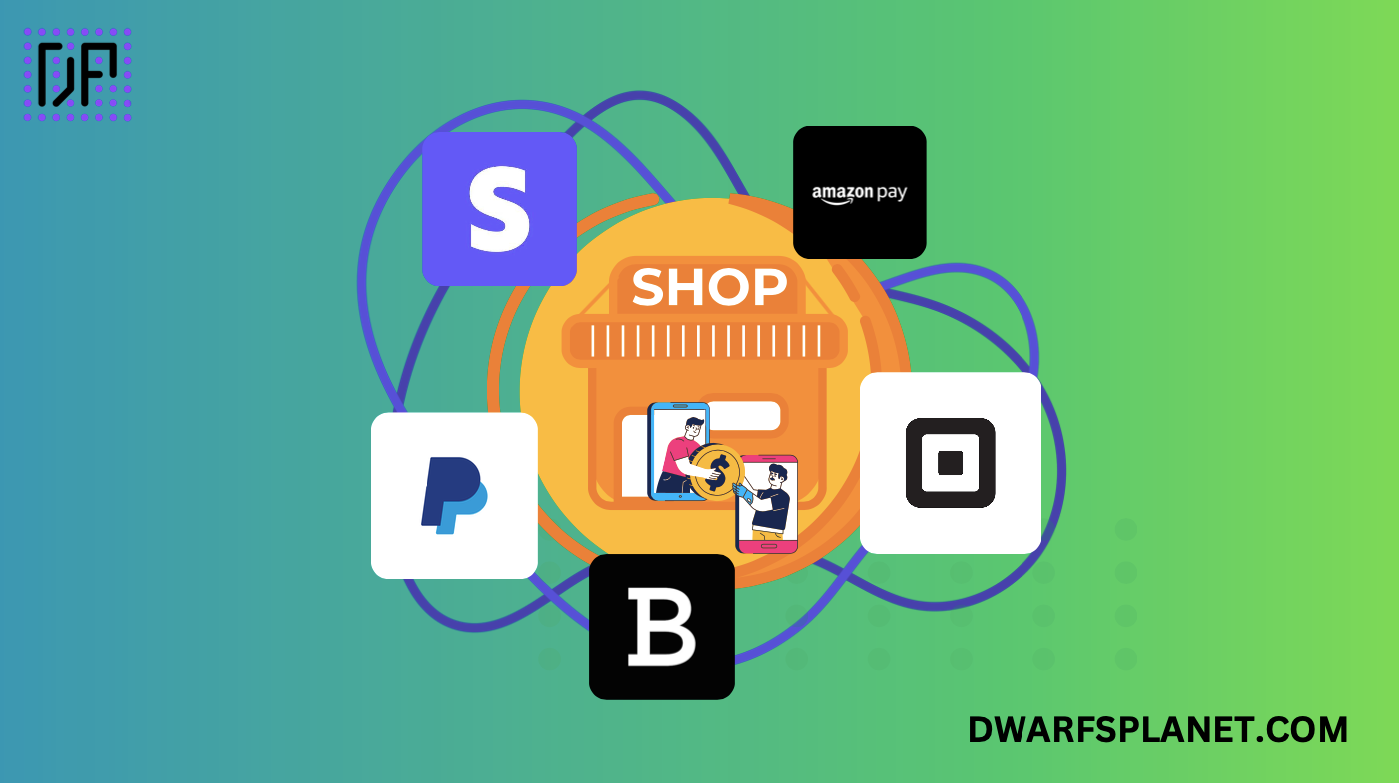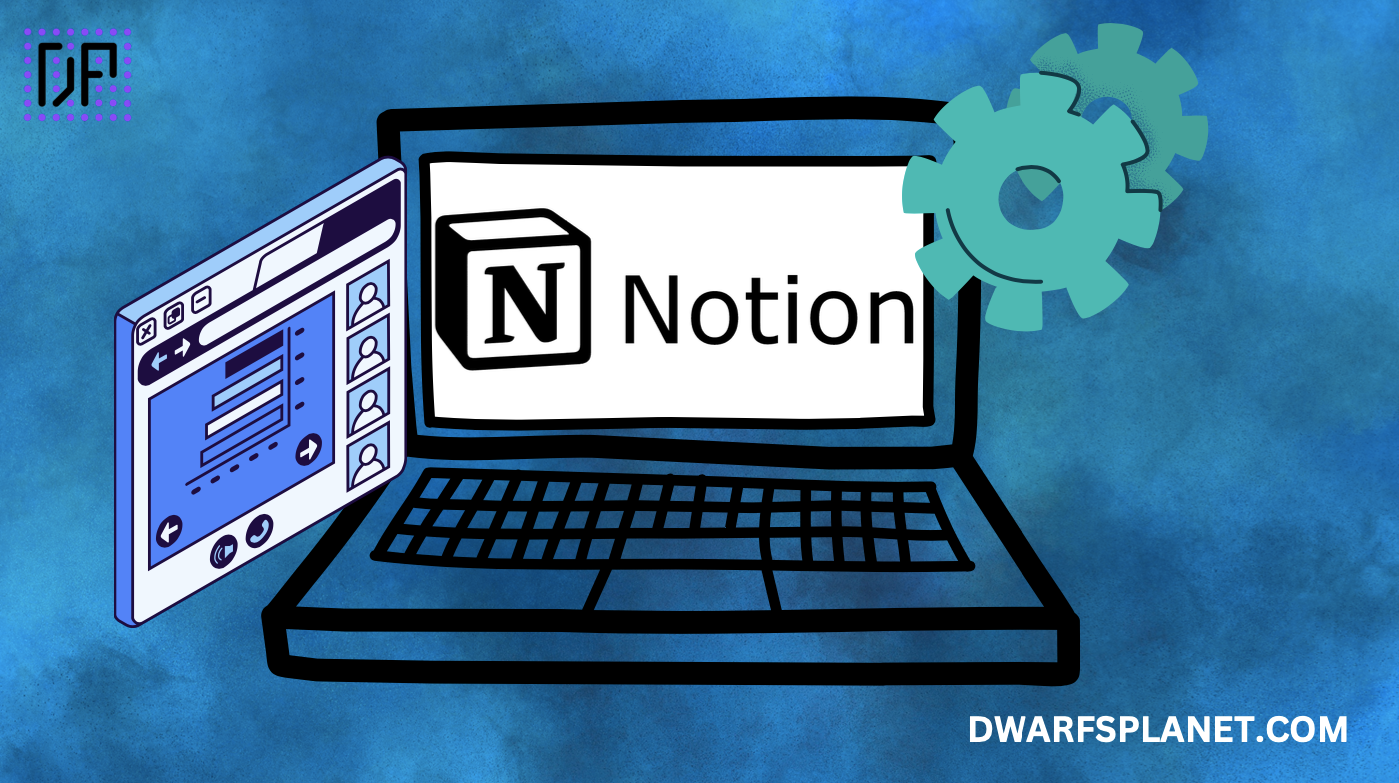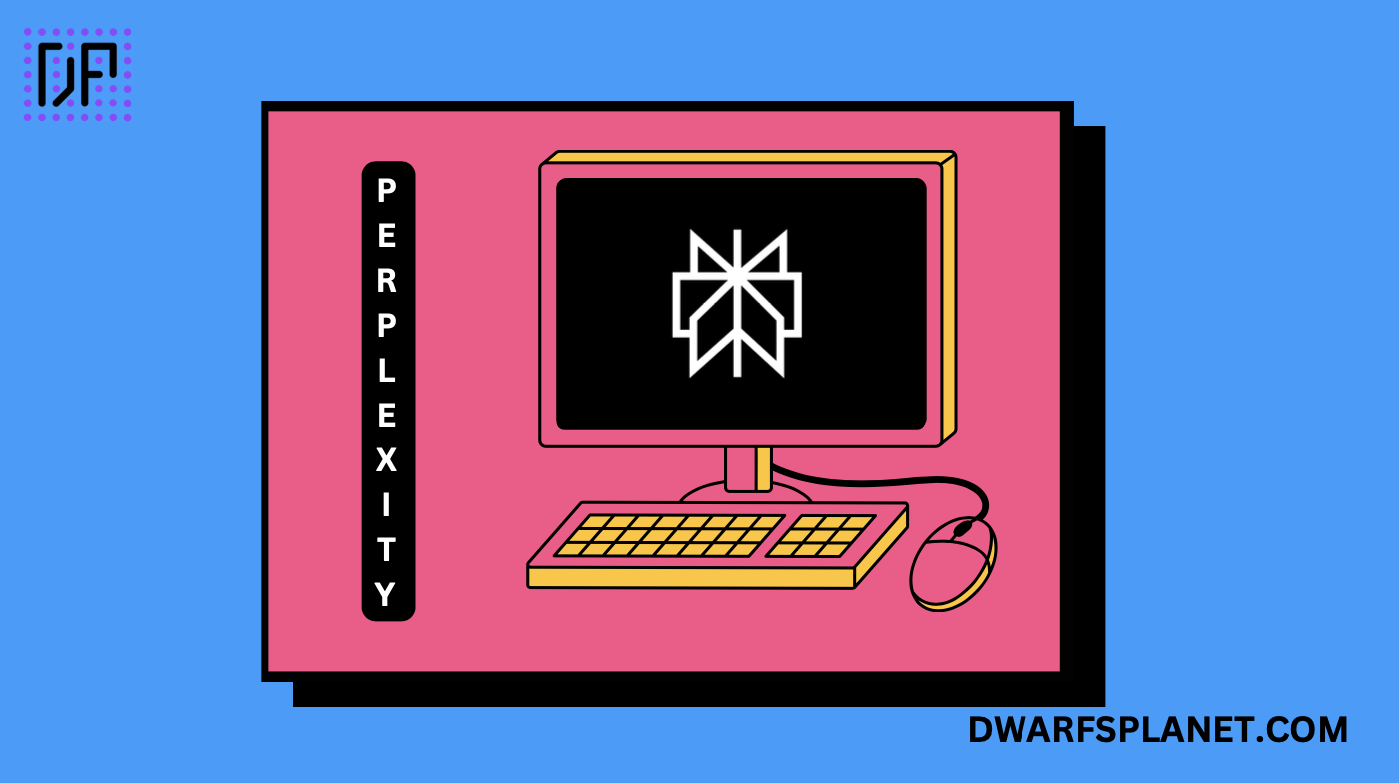Easy-to-use machine learning toolkit by Apple.
Turi Create is an open-source machine learning toolkit developed by Apple, designed to make it easy for developers to build and deploy machine learning models for various applications. Released in 2018, Turi Create is particularly focused on simplifying the process of creating machine learning models for macOS and iOS applications. The toolkit provides a Python-based interface that supports a variety of tasks, including image classification, object detection, recommender systems, activity classification, and text classification, among others. Turi Create is ideal for developers looking to integrate machine learning capabilities into Apple’s ecosystem with minimal effort.
Key Features:
- User-Friendly API: Simple and easy-to-use Python API that enables developers to quickly build machine learning models without needing in-depth knowledge of machine learning.
- Pre-Built Model Support: Provides support for common machine learning tasks such as image classification, object detection, text classification, and recommendation systems, with pre-built models that can be fine-tuned on custom data.
- Core ML Integration: Seamless export of trained models to Core ML format, enabling easy deployment of models to macOS, iOS, watchOS, and tvOS applications.
- Automatic Data Augmentation and Feature Engineering: Includes built-in tools for data augmentation, feature engineering, and automatic hyperparameter tuning to enhance model performance.
- Visualization Tools: Offers visualization tools to analyze data and model performance, including tools for inspecting data distributions and feature importance.
- Built-In GPU Acceleration: Supports GPU acceleration on macOS devices, making model training faster and more efficient.
Benefits:
- Ease of Use: Designed to be beginner-friendly, Turi Create simplifies the machine learning process with an intuitive API and pre-built solutions.
- Integration with Apple Ecosystem: Provides direct integration with Apple’s Core ML framework, allowing developers to easily deploy models on Apple devices.
- Rapid Prototyping: Allows for quick development and testing of machine learning models, enabling rapid prototyping and iteration.
- Cross-Platform Support: Though focused on the Apple ecosystem, Turi Create’s Python-based approach makes it accessible on other platforms for development and testing.
- Open Source: As an open-source project, Turi Create is freely available, providing transparency and community-driven development.
Strong Suit: Turi Create’s strongest suit is its simplicity and tight integration with the Apple ecosystem, enabling developers to easily create and deploy machine learning models for macOS, iOS, watchOS, and tvOS applications.
Pricing:
- Free (Open Source): Turi Create is open-source and available for free, including all features and tools.
Considerations:
- Apple Ecosystem Focus: Primarily designed for developers building applications within the Apple ecosystem, which may limit its usefulness for non-Apple platforms.
- Limited Customization for Advanced Users: While it is easy to use, Turi Create may lack the depth and flexibility required by advanced users who need to customize model architectures and training processes.
- Not for Large-Scale Machine Learning: Suited for lightweight, application-specific models rather than large-scale machine learning tasks or extensive research projects.
- Less Frequent Updates: Compared to more prominent frameworks like TensorFlow or PyTorch, Turi Create receives fewer updates, which may impact access to the latest machine-learning advancements.
Automated ML for model optimization.
Open-source computer vision library.
Platform to manage the ML lifecycle.
Summary: Turi Create is an accessible and efficient machine learning toolkit that empowers developers to build and deploy models for Apple’s ecosystem quickly. With its focus on ease of use, pre-built solutions, and seamless integration with Core ML, it is particularly well-suited for developers looking to add machine learning capabilities to their macOS or iOS applications. However, its narrow focus on the Apple ecosystem and limited flexibility for advanced customization may not make it the best choice for large-scale or highly specialized machine-learning tasks.
 Skip to content
Skip to content 




